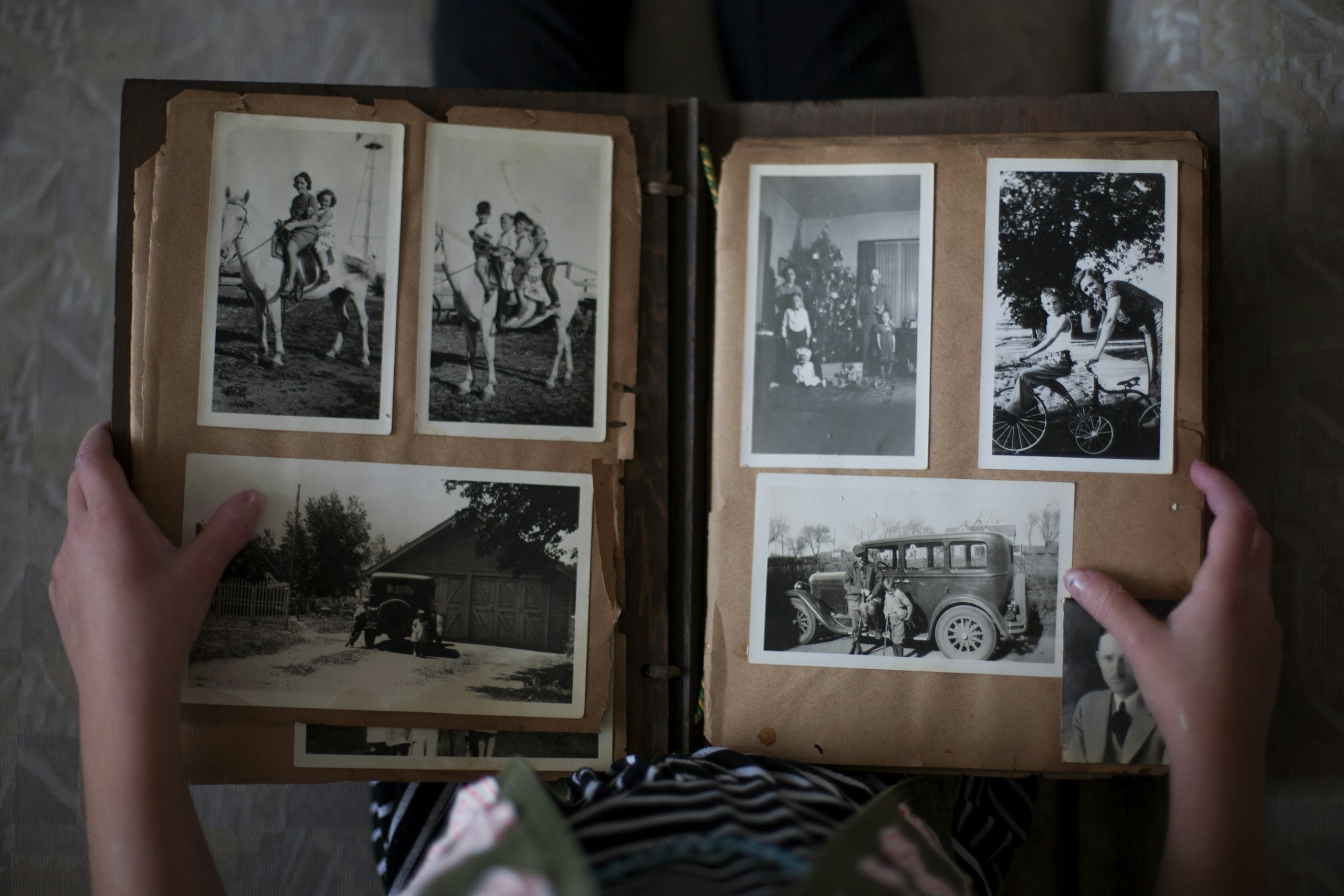If I told you that as people age their neuroplasticity declines—as they get older, they’re less able to learn new things, create new neuronal connections, and retrieve memories—you’d probably nod and say, yes, you’ve heard that’s true. It’s a piece of conventional wisdom that everyone seems to know, and seems to make sense. Except that it’s not true!
Dayna Touron (2015) has researched memory in older adults and found that memory often does not decline as much as everyone thinks, but that older adults aren’t confident in their ability to make new memories or retrieve old ones.
When Touron had people learn a new route with a GPS device, the younger adults learned the route and then stopped using the GPS much faster than the older adults.
It’s not because the older adults took longer to commit the route to memory. It turns out that the adults between ages 60 and 75 hesitated to give up the GPS and rely instead on what they’ve learned.
Touron has found this reluctance to trust one’s own memory to be true of older adults in many different situations and contexts, including verbal tasks (recognizing word pairs), and mathematical tasks (solving equations). In the mathematical tasks, older adults went over the same calculations many times rather than relying on their memory of how to solve the equations.
Interestingly, if she offered a small cash prize in return for a quick answer, then they did rely on their memory.
Touron believes that older adults aren’t confident in their memory abilities, and so will stick with other methods even if they’re inefficient. She also believes that older adults underestimate just how inefficient they’re being, don’t think that using their memories will be much of a shortcut, and don’t believe their memories are entirely accurate.
This lack of confidence in memory may be why older adults take longer to do tasks with technology than younger adults. We tend to think it’s because they think more slowly, or their memories are poor. It may actually be that they don’t have confidence in their ability to make new memories or retrieve old ones.
Takeaways
- Assume that older adults may take longer to complete some tasks.
- Encourage older adults to use their memory of how to do something rather than following instructions.

